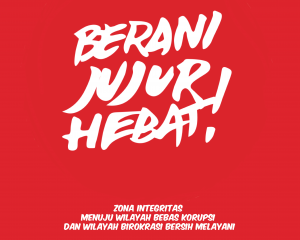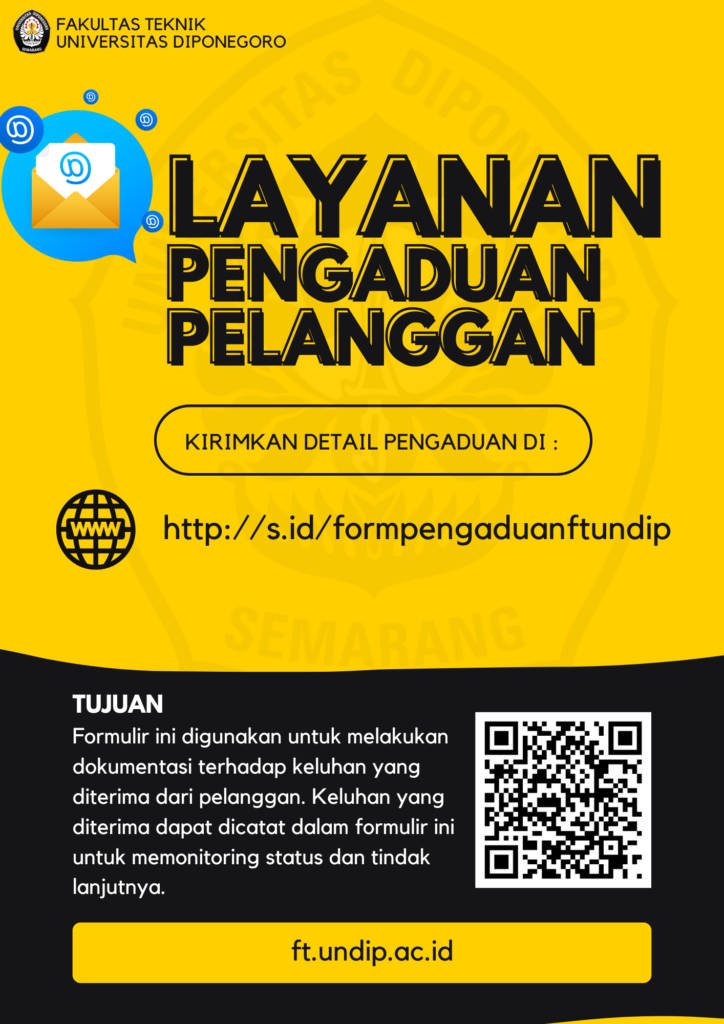(18/8) Semarang – A comfortable, safe, and healthy residence is everyone’s dream. However, the population is growing so rapidly, while the land cannot expand itself. Because it needs an alternative to create a comfortable dwelling for humans.
Universitas Diponegoro as one of the Public Universities has a responsibility to continue developing human resources, in order to help the development of Indonesia. At the moment, the Faculty of Engineering, Urban and Regional Planning Study Program (URP) Undip participated in a competition to organize slums in Jakarta, which was held by IAP (Indonesian Planning Experts Association) in the Jakarta area.
Undip sent three teams to compete with others 60 teams, consisting of 480 participants from various public and private universities. Two Undip teams managed to enter the grand final, namely M-03 as the 1st winner and M-25 as the 1st encouragement winner. Other universities that successfully participated in the grand final were ITB (Bandung Institute of Technology) which brought two awards (2nd winner and 2nd encouragement winner), and Universitas Indonesia as 3rd winner.
Undip IKA team, Novia Sari Ristianti, S.T., M.T., Undip URP Student Affairs section as well as M-03 team coach, explained that this activity was an output form of a competition to design or organize slum areas in Jakarta.
“The concept in this activity is how to make this urban village a healthier and more resilient village, especially during the pandemic. As we know, almost all of the villages in Jakarta are close to each other, therefore these two problems we want to solve, namely making a healthy village and how to create green, open space to improve health levels,” she explained.
Novia said that the location has been determined by the IAP in collaboration with the DKI Provincial Government and of course Governor Anies Baswedan. She chose Manggarai area because it was strategic.
“We chose this area because it is a strategic area. This area is known as a busy area, but also known as a slum area and has a high crime rate. In our opinion, selection of this area is appropriate because it is in accordance with the initial concept, namely changing slum areas and making healthy areas, “said this Undip PWK Lecturer.
IKA Undip also managed to interview Muhammad Farhan Attarikshah, a member of the M-03 team. The team’s work is called “Kampung Sejali”, Healthy Village, Green Mandiri which is in accordance with the theme of SDGs sustainability and certainly does not cost a lot.
Farhan explained that he carried the Sponge City theme on the concept of the Manggarai image. Sponge City is a new concept in URP field and has only been carried out by several countries, one of which is in China, namely in Wuhan and Chongkin.
“This concept is still new in the URP field and it is still not widely used. We chose Sponge City as we know that Jakarta is very often flooded and initially China has been successfully implemented and successful, so we intend to use this concept as our innovation in making a city map, “explained Farhan.
This concept is different from other forms of relocation, because he and his group found that Manggarai has a high social concept. Therefore, they apply a modular model that maintains the village, so that residents can continue to interact.
Farhan also explained that modular concept which they created was devoted to one area, so the friendliness of the residents is maintained. In addition, each block is equipped with flexible open space facilities. Farhan hopes that the concept can be applied in the real life. (Mardian)



